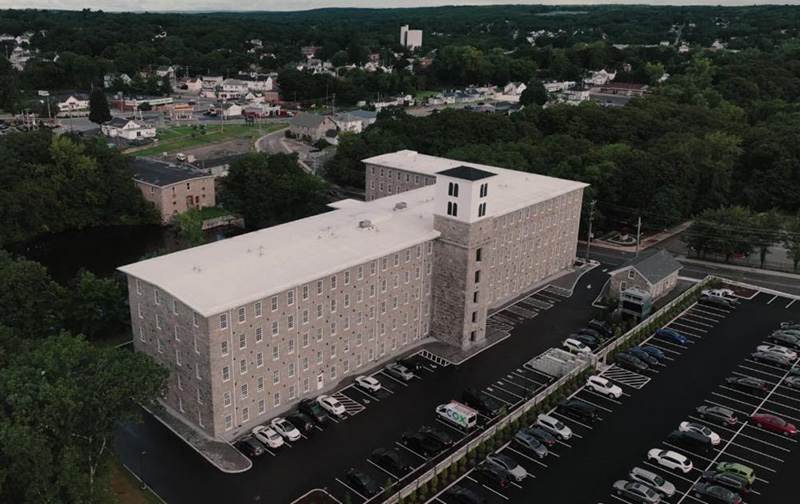Improvements to RI’s historic tax credit passed by General Assembly, much work still remains
Providence, RI In the past year, Preserve Rhode Island and Grow Smart Rhode Island have worked jointly to advocate for improvements to RI’s Historic Tax Credit program. This has involved meeting directly with developers to better understand concerns, coordinating with organizations to sign on to our efforts, and meeting directly with state legislators to educate and champion the program. Our motivation is clear: the last 22 years have seen more than 300 historic buildings rehabilitated, using $445.6 million in Historic Tax Credits to catalyze more than $2.2 billion in direct investment in twenty-four cities and towns throughout Rhode Island. Further, the program has been effective at generating housing; during the last decade approximately 20% of all new housing in Rhode Island has comes through the program, including 20% of all affordable housing. Unfortunately, over the years, the program has become burdened with additional fees and restrictions that make it uncompetitive compared to neighboring states, with costs all but outweighing the tax benefits for many projects.
After months of advocacy efforts by both Preserve RI and Grow Smart RI, headway has been made to repair the state’s historic tax credit program. The General Assembly passed S0940 Substitute A as amended which addresses the most serious concern regarding the program: lifting the threshold for requiring projects to pay prevailing wages. This new threshold will rise from $10 million in total project costs to $25 million in total project Hard costs, going into effect on July 1st, 2025. The new threshold makes larger projects more feasible, and, by doing so, will provide more work for both union and nonunion construction trades people. This is a major victory for the program’s future.

Unfortunately, none of our other recommended improvements were incorporated into the final version of the legislation. This includes increases to the project credit cap from $5 million to $8 million, a reduced filing fee, incentives for housing creation, and an extension of the bill’s sunset to 2030. Most of these improvements were in the Historic Tax Credit Reform bill originally passed by the Senate, but they were not included in the final version of the bill passed by the House and Senate. Lastly, as expected, no funding was appropriated by the General Assembly for the Historic Tax Credit program, so few if any projects will still be able to move forward.
Although the Historic Tax Credit program has been improved, it can and should be better. Rhode Island is still left at a disadvantage compared to neighboring states, meaning developers are likely to bring projects (and jobs) elsewhere. Meanwhile other states are investing heavily in the program. By comparison, Connecticut makes $31.7 million available each fiscal year. Massachusetts, recognizing the program’s importance in generating housing, recently doubled its allocation to $110 million per year through 2030 as part of their Affordable Homes Act. Better yet, Maine does not cap its historic tax credit program at all.
Arctic Mill in West Warwick was transformed into an apartment complex that provides both market-rate and workforce housing through the use of state historic tax credits
While we celebrate the progress made, we acknowledge that much work remains to be done. We will renew our efforts to improve this vital economic and community development program again in the fall, encouraging state leaders to fix this program that is crucial to creating jobs and housing and improving local neighborhoods and economies. We are grateful to the 300+ organizations and individuals who signed our petition for State Historic Tax Credit reform, showing our state legislators the importance of this program.
Preservation of Affordable Housing secures $23.5 million in financing from Rockland Trust and Citizens Bank

Examples of investors who used Kay Properties for legacy and estate planning purposes for rental property/portfolios - by Dwight Kay










